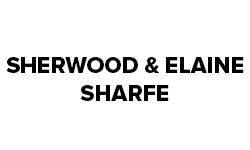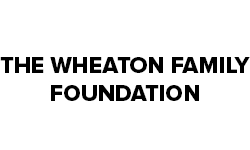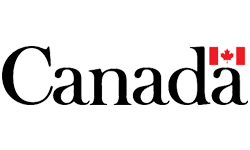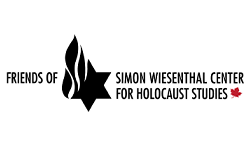CITIZENSHIP STUDIES 10-LEVEL: LIFELONG LEARNING CITIZENS
Part A
Broad Area of Citizenship: History/Native Studies/Social Studies
High School Students will identify and examine the effects of inequity and conflict using Canadian and world history as content and context. They consider the impact of worldview in dealing with conflict and inequity (10); examine Canada’s reputation and role as a global citizen (20); and, consider the root causes of inequity and the challenges that multiple perspectives bring to resolving conflict (30).
Throughout the study, students engage in critical and dialectical thinking in order to ensure that multiple perspectives, consistent with Canadian Indigenous communities and Canada’s multi-cultural policy are considered.
Overview and Desired Results of Citizenship Study
Students examine how differing worldviews have impacted the development of society and the development and administration of justice. They will consider the challenges that societies face when trying to co-exist despite differing worldviews by studying Canada’s treatment of Indigenous people. Finally students explore various methods of conflict resolution and the historical and contemporary influences on such practice.
10
- Social Studies students will recognize that a variety of worldviews can co-exist and influence individual and collective action and decision-making.
- History Studies students will examine the historical impact of 18th, 19th, and 20th century worldviews of citizenship and human rights on intolerance and injustice.
- Native Studies students will consider how a singular imperialistic worldview led to colonization and the resulting struggle for self-governance and sovereignty.
Enduring Understandings of Citizenship Study
- Injustices of today have roots in the past.
- Canadian society is challenged to manage the co-existence of diverse worldviews.
- Canadian citizens work to achieve a balance between rights and responsibilities through learning and action.
- Canadian society has inequities and elimination of these is beneficial for all Canadians.
- For each individual, becoming aware of racism in Canadian society is an evolutionary process and a precursor to change.
- As citizens of local, national, and global communities, Canadians are conscious, self-reflective, and critical of their own beliefs and actions and seek to make positive change.
- Citizens show flexibility of mind.
- Enduring understandings and questions stimulate thinking, guide the inquiry and are linked to outcomes.
- These questions point to the “big ideas’ in the area of inquiry and should be considered and reconsidered as the inquiry progresses.
- Deliberation of these understandings forms the evidence of learning at the end of study.
Knowledge and Skill Development
- The role and impact of International and National codes of Human Rights i.e. Indigenous Peoples, Child, and Disabled Persons;
- The backgrounds of various human rights and social justice issues;
- Various forms of conflict and dispute resolution forums including: Court Trial, Sentencing Circles, Town Hall Meetings, Mediation, Truth and Reconciliation Commissions, Human Rights Tribunals; and,
- A variety of negative examples of conflict resolution and their residual impact including: assimilation, annihilation, and segregation.
Students will be able to:
- Think critically, make and test hypotheses, and organize data for analysis;
- Use strategies for persuasion and advocacy;
- Use criteria to evaluate perspectives of self and others;
- Know how to examine issues and seek information; and,
- Engage in dialectical thinking using Canadian issues and history as content and context.
Essential Questions
- What does it mean to be a citizen?
- Why is there conflict between worldviews?
- What is required in order for conflicting worldviews to coexist?
- What range of responses have citizens used throughout history to respond to conflicting worldviews?
- How do engaged and respectful citizens respond to conflict in a modern democracy?
- What are the impacts of Canada’s multi-cultural policy and affirmation of diversity?
Saskatchewan Curriculum Concept Connections
The order in which they are listed suggests a general idea of the learning plan to follow.
Students will:
- Evaluate imperialistic policies, practices and attitudes of the past;
- Identify differences in cultural, economic, social, philosophical, political, aesthetic, power perspectives;
- Examine a variety of negative examples of conflict resolution and their residual impact, including assimilation, annihilation, and segregation;
- Generate conflict resolution strategies that create an atmosphere of respect for diversity;
- Examine the role diversity plays in society and the opportunities and inequities that it creates;
- Recognize that inequities are created because of our systems; and,
- Investigate the historic foundations that impact current Canadian issues.
- use strategies for persuasion and advocacy;
- critically seek and evaluate new information; and,
- engage in dialectical thinking using Canadian issues and history as content and context
© 2024 Concentus Citizenship Education Foundation Inc. All Rights Reserved.









